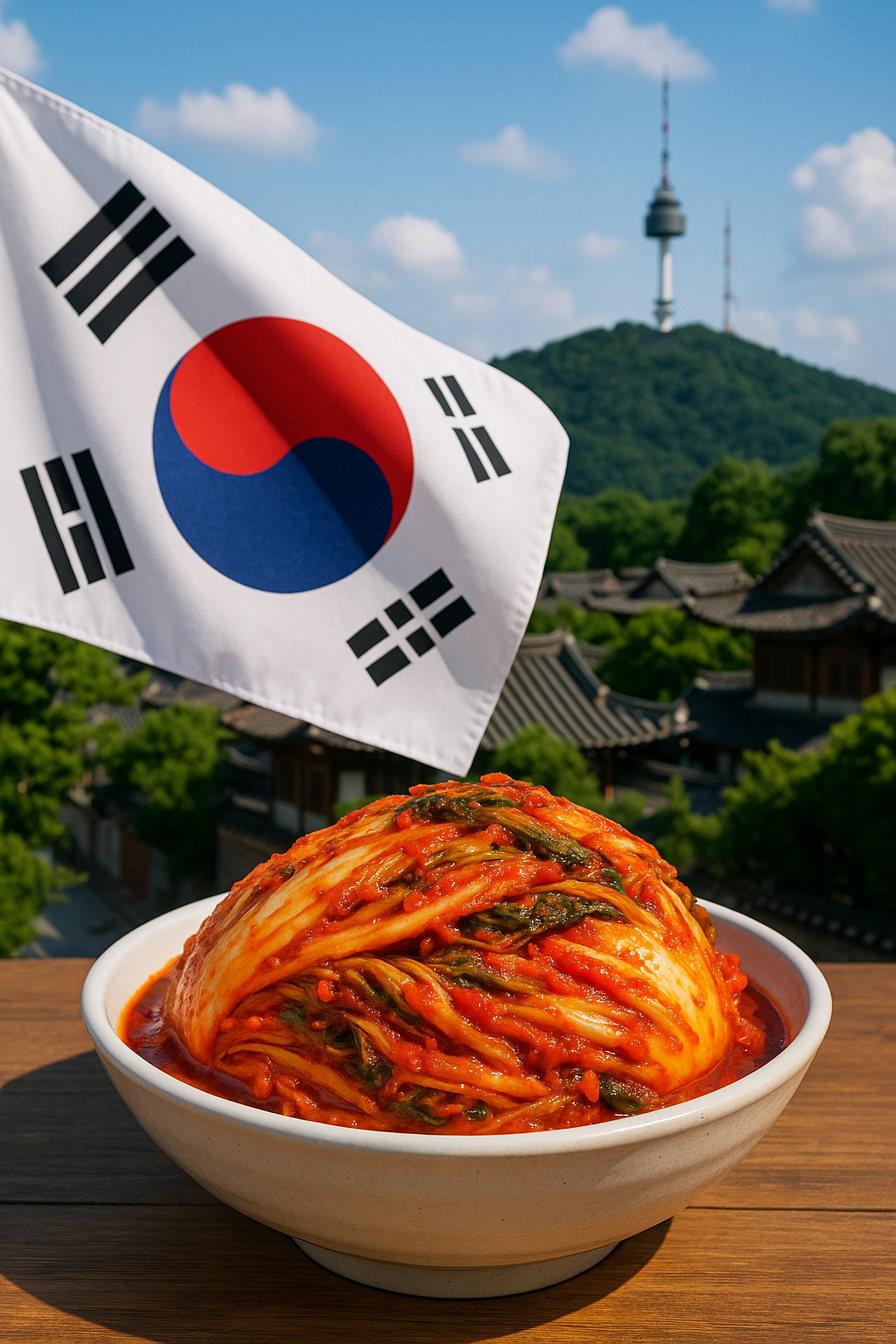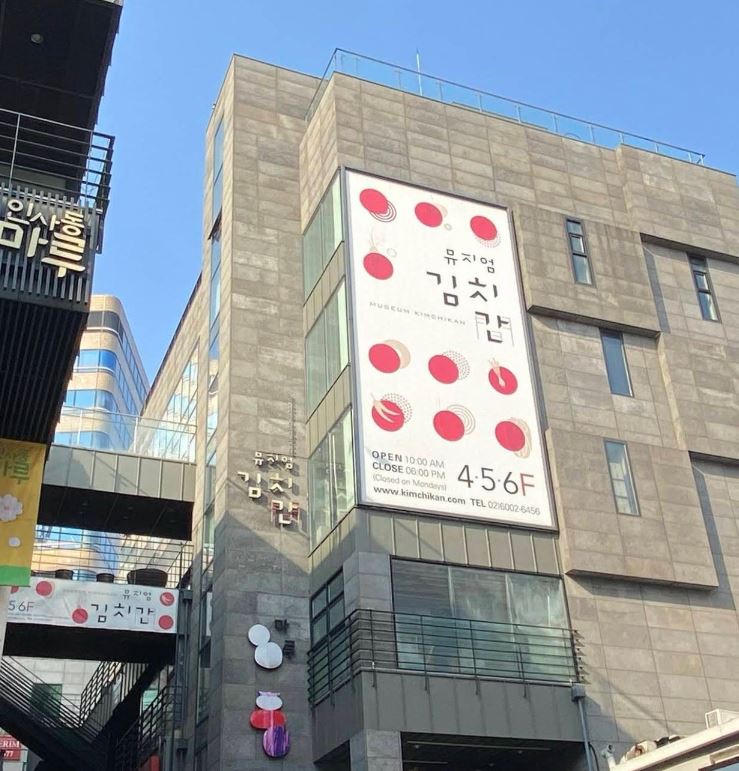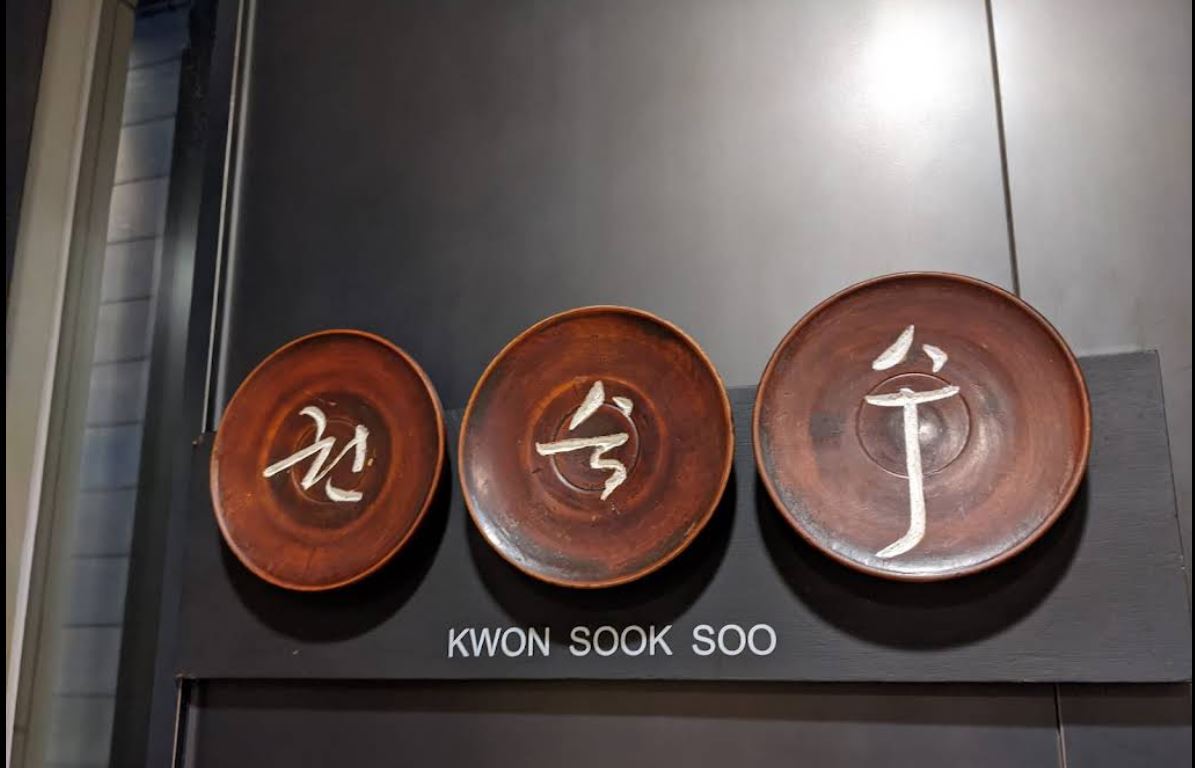
Kimchi – South Korea
On the surface, kimchi may seem like just a fermented vegetable dish, but in reality, it is the product of South Korea's centuries-old collective memory, hard work, and cultural resilience. The heat of the red pepper seeping into every cabbage leaf leaves an impression not only on the palate but also on Korea's historical memory. Kimchi is the carrier of a story that stretches from rice fields to hanok courtyards, from the years of war to modern apartment kitchens.
Recognized by UNESCO, it is more than just a dish—it is the expression of seasons, communal gatherings, and family bonds at the table. Each kimjang—the traditional kimchi-making season—becomes a ritual of neighborly ties, sharing, and solidarity. Passed down from mother to daughter, generation to generation, the recipes show that kimchi is not only made of ingredients but is also a guardian of collective memory.
Kimchi, diverse in its ingredients yet always carrying a distinct identity, is a symbol of resilience on cold winter days and a reason to celebrate life in the heat of summer. Even in the modernizing cities of South Korea, kimchi fermented in traditional earthenware jars offers a cultural practice of patience in the face of a rapidly changing world.
It is not just a food, but a living cultural heritage that embodies the Korean spirit of hard work, communal effort, and respect for natural cycles. Today, while recognized around the world and finding new meanings in different cuisines, kimchi still maintains its central role on Korean tables and its place in collective memory.
Kimchi is South Korea's most authentic signature, where past and present, community and individual, effort and flavor are woven together with mastery.
Gourmet Restaurant Recommendations
Museum Kimchikan - South Korea

Museum Kimchikan, located in Seoul, the capital of South Korea, is a unique museum dedicated entirely to the country's world-famous traditional dish, kimchi. Here, visitors can explore the history, cultural significance, and varieties of kimchi up close. The museum features kimchi-making workshops, exhibitions of traditional kitchen tools, and interactive presentations. Visitors even have the chance to make their own kimchi, experiencing this delicious heritage firsthand. For anyone wishing to discover Korean cuisine and the cultural richness of the nation, Museum Kimchikan is an unmissable destination.
KwonSookSoo - South Korea

KwonSookSoo, located in Seoul, South Korea, is an award-winning restaurant showcasing the finest expressions of modern Korean cuisine. Under the leadership of Chef Kwon Woo-joong, it reinterprets traditional Korean flavors with creative, contemporary presentations. Renowned for its Michelin star and meticulously crafted tasting menus, the restaurant highlights seasonal ingredients in every dish. At KwonSookSoo, each plate is designed with meticulous attention to both visual appeal and flavor. For those seeking to experience Korean gastronomy at its highest level, KwonSookSoo is an unmissable destination in Seoul.
 AI Tasting Note
AI Tasting Note
Flavor intensity: The lively tang of fermented cabbage combines with the bold aromas of red pepper and garlic to deliver a sharp, distinctive, and stimulating taste. With every bite, kimchi leaves a refreshing acidity and a pleasant heat that lingers on the palate.
On the palate: An immediate balance of bright sourness and spice leads into light salty and umami notes; the crunch of cabbage and the punch of garlic come together with the signature freshness of Korean cuisine.
Lunch & dinner preference: Consumption between 12:00–21:00 increases by approximately 85%, especially alongside main courses.
Heaviness: Light
Serving suggestion: Serve chilled with hot steamed rice and a variety of Korean dishes. The fermented vegetable character pairs beautifully with lightly grilled meats or tofu.
📌 Did you know?
Kimchi is the most famous fermented vegetable dish of Korean cuisine and is commonly made with napa cabbage and radish.